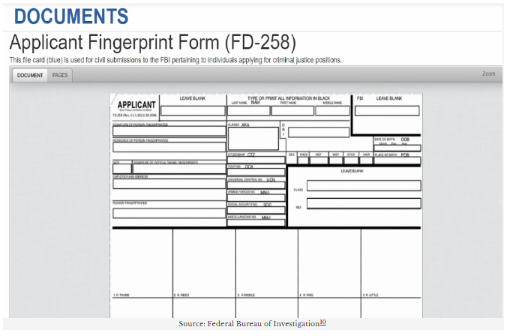- Staying informed about legal records is essential for understanding public safety and legal processes. If you're looking for https://arrests-la.org/, you can find detailed records and updates to stay informed about recent cases. This information helps in legal research and ensures transparency in the justice system. Always verify details from reliable sources to avoid misinformation and ensure accuracy in legal matters.
- It’s crucial to have access to updated legal records, especially when verifying someone’s past incidents. If you’re looking for detailed reports, https://arrests-ma.org/ can provide accurate and updated information on detainees. This helps in understanding case statuses, bail conditions, and other legal details. Always ensure that the sources you use are credible and updated regularly to avoid misinformation.
- I’ve been digging into local records and public data tools recently, and I found some interesting resources that can help anyone trying to stay informed. If you're trying to keep track of updates or cross-check details, this site for https://arrests-ny.org/ might be helpful. It covers a broad range of useful information in a simple format. It’s definitely worth checking if you need quick access without going through complicated systems. Always good to stay aware of what’s happening locally.


What does it mean to bear one another's burdens?
This Sunday we looked at Joab and Abishai as they courageously fought for God's people. We talked about how they supported each other by helping and asking for help. In Galatians 6:2 Paul encourages us to bear one another's burdens.
Charles Spurgeon, in a sermon called "Burden-Bearing, outlines some ways in which we can put into practice Paul's command. The following is an excerpt from that sermon.
Bear the burdens of those who are struggling with sin.
We are to have great compassion upon those who are bearing the burden of sin. You cannot bear the burden of their sins for them; — only Christ can do that; — but you can help them to bear their burden. I mean this. Here is a troubled soul, who has begun to seek the Lord, and the poor creature is in great sorrow of heart. Get alongside that burdened one, and say, “Now, dear friend, I am very sorry for you; I feel as burdened about you as if it were my own soul, not yours, that was in trouble.” Ask the Lord to help you when you have left that person; after speaking with much prayer and many tears, go home so grieved that you cannot sleep, and keep on crying to God in secret about that soul.
Bear the burden of backsliders.
But we must take special care, dear friends, that we do this in the case of backsliders, because the text, in its connection, alludes to them most particularly: “Brethren, if a man be overtaken in a fault, ye which are spiritual, restore such an one in the spirit of meekness; considering thyself, lest thou also be tempted. Bear ye one another’s burdens.” If that backslider has been awakened to a sense of his true condition, he will feel very unhappy; so be you very sympathetic towards him. He may be afraid to come back into membership with the church; if so, go after him, and encourage him to return.
Bear the burden of difficult people.
Next, the text seems to me to mean, “Be very patient with the infirmities of your brethren.” “Oh, but, So-and-so is very quick-tempered!” I hope that it is a burden to him to be quick-tempered; and if so, that is an additional reason why you should bear with him. “But So-and-so is really very bitter in spirit.” Yes, alas! there are still some people of that sort; and you are to bear with them. I hope it is a burden to them if they have even a tinge of bitterness in their nature, so bear with it. “I do not see why I should,” says one. Well, then, open your eyes, and read the text: “and so fulfil the law of Christ.” If the Lord Jesus Christ can put up with you, you ought to be able to put up with anybody.
Bear the burdens of those who are sorrowful.
Does not the text also mean that we are to bear one another's burdens by having a deep sympathy with one another in times of sorrow? Oh, for a sympathetic heart! Seek after it, beloved Christian men and women. Seek to have large hearts, and tender hearts, for the world is full of sorrow; and one of the sweetest balms to sorrow is the sympathy of Christ flowing through the hearts of his own redeemed ones. Be tender, be pitiful, be full of compassion.
Bear the burdens of those with physical needs.
But this sympathy must show itself by actual assistance rendered wherever it is possible. “Bear ye one another’s burdens.” Let the burden of poverty be borne by those of you who have no poverty of your own. Succour your brethren in their times of need. Light their candle when their house grows dark. Blessed are those men and women who addict themselves to the ministry of the saints, and who seek, wherever they can, to lighten the burdens of life for their fellow-Christians, lending their shoulders whenever they can give support to the weak.
Bear one another's burdens in prayer.
Bear ye one another’s burdens” also by much prayer for each other. When you have prayed for yourself, end not your supplication there. Keep a little list of people to be prayed for, and try to put down, on your list, certain things which you know trouble them, and which also trouble you, and bring them before the Lord. In some way or other, bear ye those burdens which God lays upon your brethren.